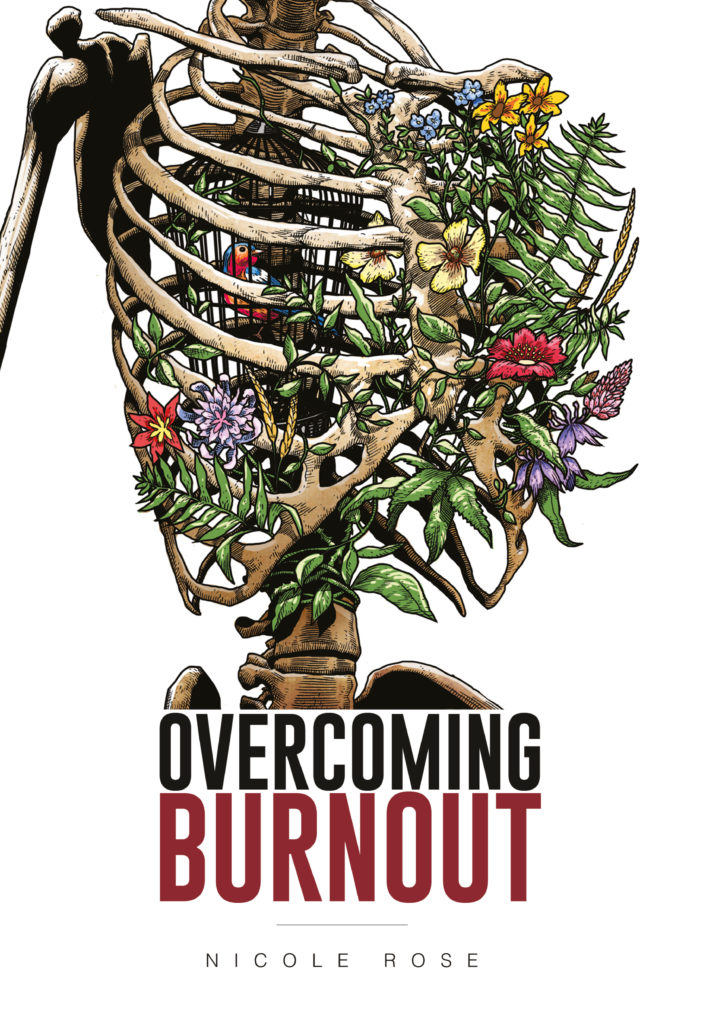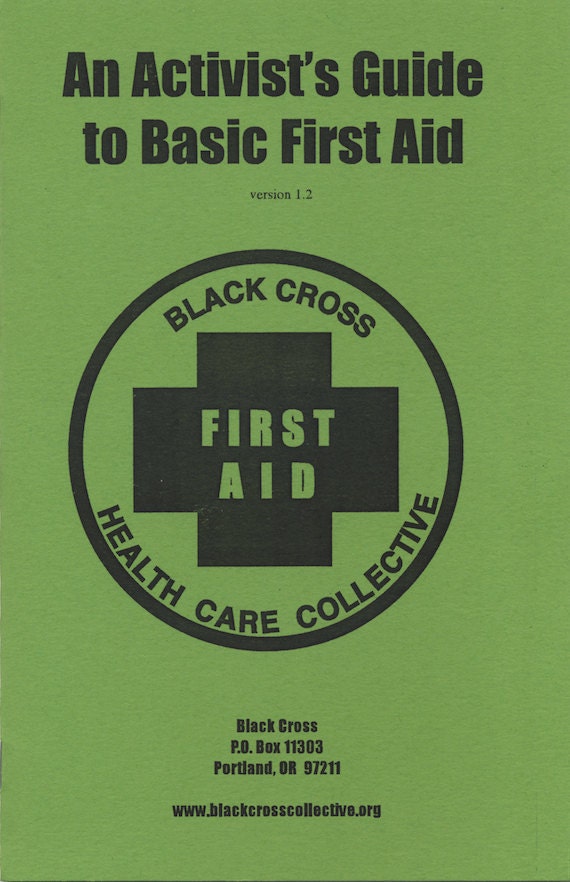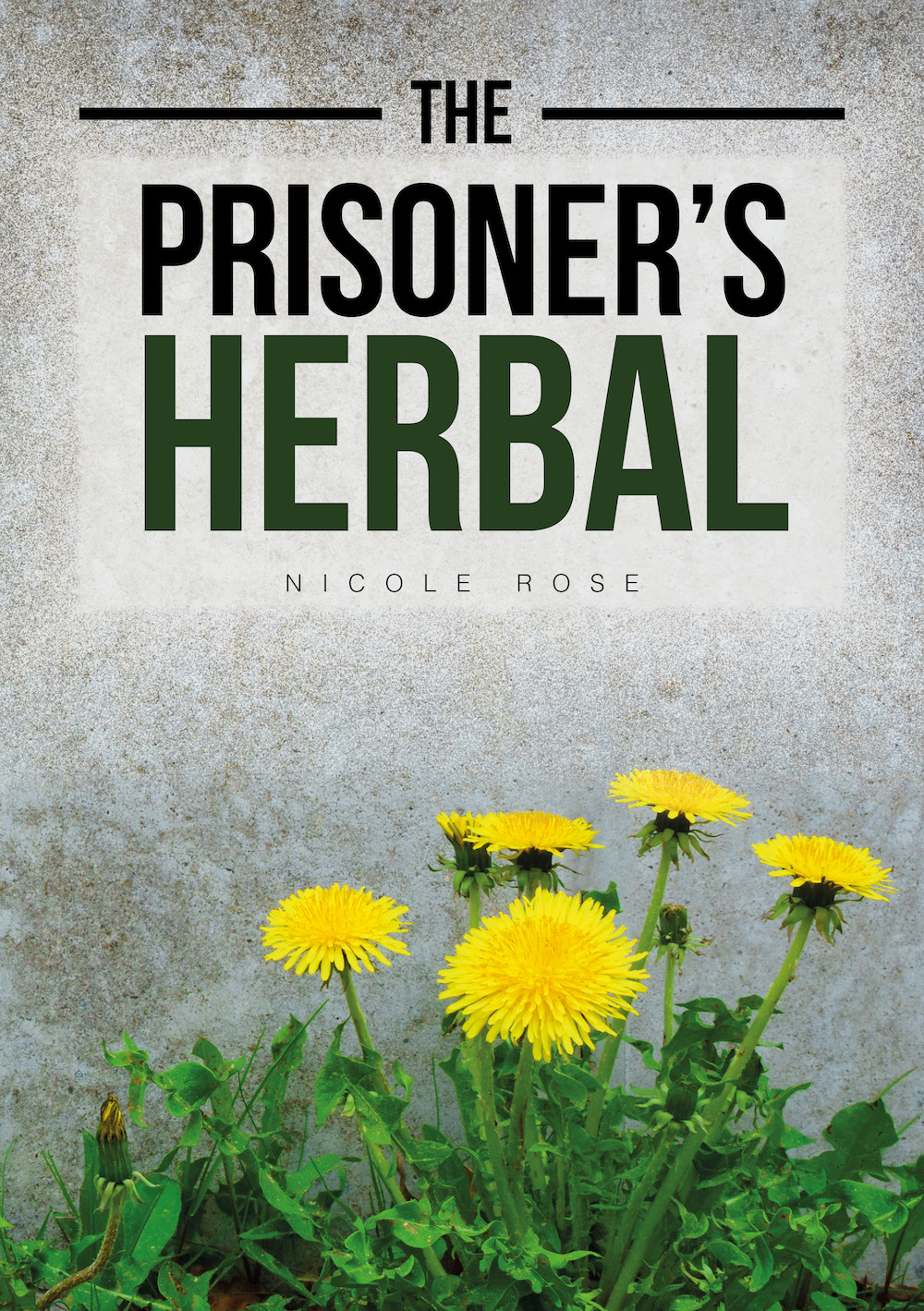 Quite a while ago, just before the upheavals of the ’60s-shifts that have not ceased, but have been forced in less direct, less public directions — Marcuse in his One-Dimensional Man, described a populace characterized by flattened personality, satisfied and content. With the pervasive anguish of today, who could be so described? Therein lies a deep, if inchoate critique.
Quite a while ago, just before the upheavals of the ’60s-shifts that have not ceased, but have been forced in less direct, less public directions — Marcuse in his One-Dimensional Man, described a populace characterized by flattened personality, satisfied and content. With the pervasive anguish of today, who could be so described? Therein lies a deep, if inchoate critique.
Much theorizing has announced the erosion of individuality’s last remnants; but if this were so, if society now consists of the thoroughly homogenized and domesticated, how can there remain the enduring tension which must account for such levels of pain and loss? More and more people I have known have cracked up. It’s going on to a staggering degree, in a context of generalized, severe emotional disease-ease.
Marx predicted, erroneously, that a deepening material immiseration would lead to revolt and to capital’s downfall. Might it not be that an increasing psychic suffering is itself leading to the reopening of revolt — indeed, that this may even be the last hope of resistance?
And yet it is obvious that “mere” suffering is no guarantee of anything. “Desire does not ‘want’ revolution, it is revolutionary in its own right,” as Deleuze and Guattari pointed out, while further on in Anti-Oedipus, remembering fascism, noting that people have desired against their own interests, and that tolerance of humiliation and enslavement remains widespread.
Read the PDF version
 Organising with others for human, animal and earth liberation can be one of the most empowering experiences alive. Yet frontline resistance comes with risks to our physical and emotional health that can lead many people to burn out and abandon social movements altogether.
Organising with others for human, animal and earth liberation can be one of the most empowering experiences alive. Yet frontline resistance comes with risks to our physical and emotional health that can lead many people to burn out and abandon social movements altogether.
 How do we develop anti-authoritarian and anti-capitalist movements that are capable of maintaining and expanding over the long haul? The infrastructures we create in the course of our political work are key to unlocking the answer. If our infrastructures are to succeed and deepen our movements, we need to abandon the pervasive separation between politics and “personal” life and ground our movement activity in everyday practices of mutual aid and support—both in times of happiness and in times of hardship. This article looks at the latter of these: reflecting on how we can develop models for providing each other with compassionate, nurturing support through tragedy, trauma, and hardship.
How do we develop anti-authoritarian and anti-capitalist movements that are capable of maintaining and expanding over the long haul? The infrastructures we create in the course of our political work are key to unlocking the answer. If our infrastructures are to succeed and deepen our movements, we need to abandon the pervasive separation between politics and “personal” life and ground our movement activity in everyday practices of mutual aid and support—both in times of happiness and in times of hardship. This article looks at the latter of these: reflecting on how we can develop models for providing each other with compassionate, nurturing support through tragedy, trauma, and hardship. The American plantation relies on the mental distress of those it oppresses. As revolutionaries, we seek the liberation of people in bondage, both in prisons and psych wards. In order to eliminate patriarchy, capitalism, gender, and anti-blackness, we must address the significant psychological damage these forces inflict.
The American plantation relies on the mental distress of those it oppresses. As revolutionaries, we seek the liberation of people in bondage, both in prisons and psych wards. In order to eliminate patriarchy, capitalism, gender, and anti-blackness, we must address the significant psychological damage these forces inflict. Subtitled “A DIY Guide to Uncivilized Oral Hygiene” this zine is an exploration of dental care without relying on large corporations or even smaller and unnecessary “green” companies. There’s ideas for alternatives to use for toothpicks, general tooth care, herbs for cleaning teeth, etc.
Subtitled “A DIY Guide to Uncivilized Oral Hygiene” this zine is an exploration of dental care without relying on large corporations or even smaller and unnecessary “green” companies. There’s ideas for alternatives to use for toothpicks, general tooth care, herbs for cleaning teeth, etc. This zine provides a basic introduction to herbalism alongside a collection of home remedies for common health problems. The information is organized into broad categories based on body parts (head, abdomen, etc) and then from there conditions and symptoms. It’s easy to use and a good introduction to DIY healthcare. There is also a lengthy suggested resources section that recommends additional sources.
This zine provides a basic introduction to herbalism alongside a collection of home remedies for common health problems. The information is organized into broad categories based on body parts (head, abdomen, etc) and then from there conditions and symptoms. It’s easy to use and a good introduction to DIY healthcare. There is also a lengthy suggested resources section that recommends additional sources. This zine is a great introduction to identifying, foraging, and using what the authors term “weeds” and “common plants.” The authors wrote it to be an introductory-level guide for anarchists to get more acquainted with the land. It has tips on all sorts of different plants from the well-known dandelion and yarrow to more obscure things like wild carrot. The authors explain how to use parts of easily identifiable trees. For example, you can make a tea out of pine needles that is packed with vitamin C.
This zine is a great introduction to identifying, foraging, and using what the authors term “weeds” and “common plants.” The authors wrote it to be an introductory-level guide for anarchists to get more acquainted with the land. It has tips on all sorts of different plants from the well-known dandelion and yarrow to more obscure things like wild carrot. The authors explain how to use parts of easily identifiable trees. For example, you can make a tea out of pine needles that is packed with vitamin C. This zine is an excellent introduction to making your own herbal medicines with plants that you forage yourself in the wild. It features an essay explaining the importance of making our own medicine and then outlines how to make several different types of herbal medicines. These include infusions, decoctions, salves, syrups, infused oils, tinctures, glycerites, etc.
This zine is an excellent introduction to making your own herbal medicines with plants that you forage yourself in the wild. It features an essay explaining the importance of making our own medicine and then outlines how to make several different types of herbal medicines. These include infusions, decoctions, salves, syrups, infused oils, tinctures, glycerites, etc.
 Version 1 of the Activist Trauma Support zine, 36 A5 pages in
Version 1 of the Activist Trauma Support zine, 36 A5 pages in  We believe that there is an urgent need to talk publicly about the relationship between social injustice and our mental health. We believe that we need to start redefining what it actually means to be mentally healthy, not just on an individual level, but on collective, communal, and global levels.
We believe that there is an urgent need to talk publicly about the relationship between social injustice and our mental health. We believe that we need to start redefining what it actually means to be mentally healthy, not just on an individual level, but on collective, communal, and global levels. “Like all governments, presidents, and authority, psychiatry never gave me freedom. Assigned psychiatric labels didn’t help me – they only filled me with an internalized sense of victimhood and inferiority. Medication didn’t ‘cure’ or ‘fix’ me – only damaged me, numbing me to my own senses in order to create an emotional void between me and the fuckery of civilized life. So instead, with nihilist celebration I descend into madness, taking aim at social order and civilization. With armed animalism I realize now that there was to fix my natural contempt for domestication and social control reminds me that I was never ‘broken’ to begin with.”
“Like all governments, presidents, and authority, psychiatry never gave me freedom. Assigned psychiatric labels didn’t help me – they only filled me with an internalized sense of victimhood and inferiority. Medication didn’t ‘cure’ or ‘fix’ me – only damaged me, numbing me to my own senses in order to create an emotional void between me and the fuckery of civilized life. So instead, with nihilist celebration I descend into madness, taking aim at social order and civilization. With armed animalism I realize now that there was to fix my natural contempt for domestication and social control reminds me that I was never ‘broken’ to begin with.” The mental health system, despite all its complexity, can be described as a drainage hole for human suffering. Mostly, the pain that flows into it seeps into the groundwater, but occasionally it will reverse course and erupt into “normal” life as if from a geyser.
The mental health system, despite all its complexity, can be described as a drainage hole for human suffering. Mostly, the pain that flows into it seeps into the groundwater, but occasionally it will reverse course and erupt into “normal” life as if from a geyser. Prisoners all over the world commonly experience medical neglect and a dehumanising separation from wild places. However, weeds come up through the concrete cracks. This book contains detailed profiles of ten plants that are commonly found in prison yards. It is based on my use of plants during my own 3.5-year prison sentence, with suggestions on how to prepare medicines in prison with limited resources.
Prisoners all over the world commonly experience medical neglect and a dehumanising separation from wild places. However, weeds come up through the concrete cracks. This book contains detailed profiles of ten plants that are commonly found in prison yards. It is based on my use of plants during my own 3.5-year prison sentence, with suggestions on how to prepare medicines in prison with limited resources.